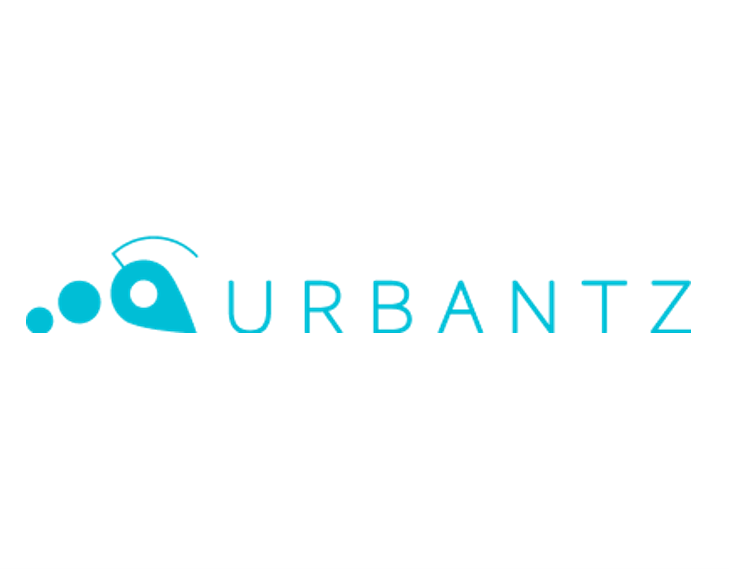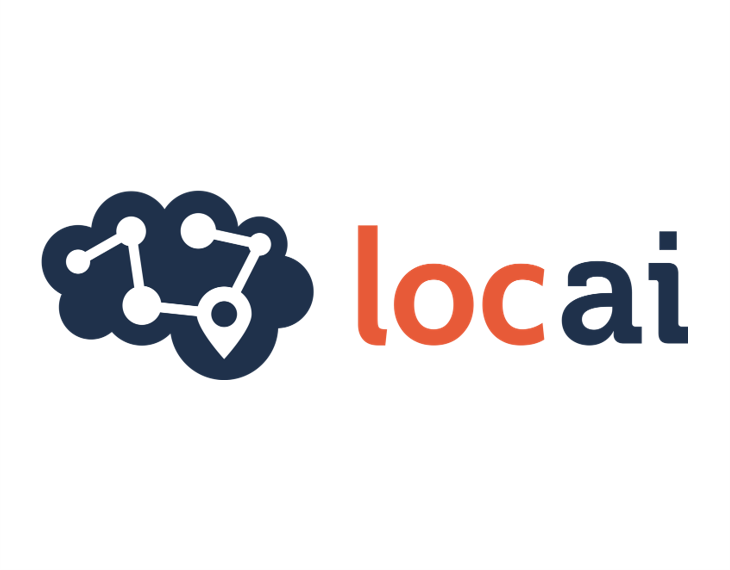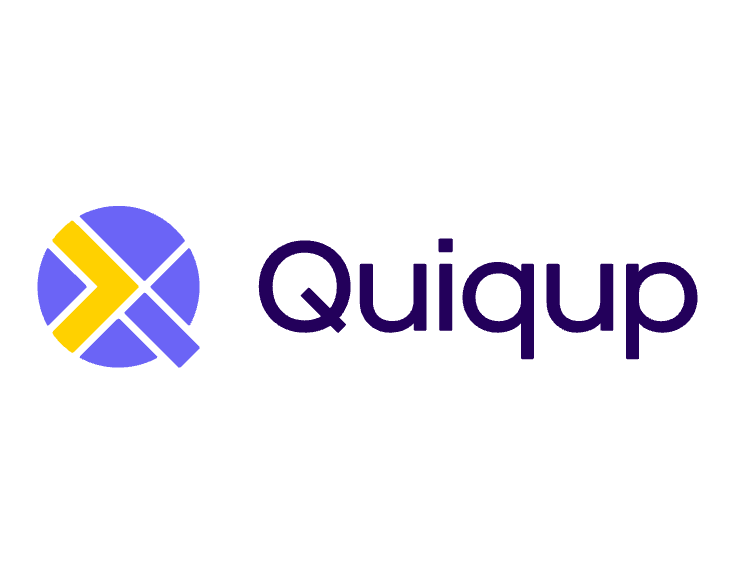123Fab #60
1 topic, 2 key figures, 3 startups to draw inspiration from

While the boom in e-commerce had already prompted physical stores to innovate in the customer experience space, the pandemic has further accentuated this trend. Beyond the emergence of new click and collect experiences, consuming patterns have been reshaped with the rise of local shopping or curbside, instant delivery. Consumers, more demanding than ever, are looking for faster delivery, a more diverse product selection and more competitive prices than traditional retailers.
Recently, especially across Europe, incredible amounts of VC money have been invested in ‘dark stores’, modifying considerably the urban logistics order. While German startup Gorillas raised €244 million after an initial round of €36 million in December 2020, French startup Cajoo has just announced a €40 million fundraising this month. Originated in the United States with goPuff, the ‘dark store’ model involves setting up local fulfillment centers within cities that prepare only internet grocery orders. While consumers can either pick up their order on the curb or in-store, they can have it delivered to their homes within minutes. Although often confused, ‘dark stores’ differ from ‘dark warehouses’ in that the latter are unlit, unmanned facilities with automated operations. As for ‘dark kitchens’, they are restaurants without a storefront, offering menus available for delivery exclusively.
It is undeniable that ‘dark stores’ offer many advantages in view of the investments made in this field. Beyond the convenience for the consumer to be able to be delivered 24 hours a day, 7 days a week, investors perceive in ‘dark stores’ a financial gain. First, thanks to a more integrated value chain (from wholesaler to courier) eliminating the need for intermediaries. Secondly, ‘dark stores’ can be located in industrial areas where real estate costs are much lower than in retail locations. ‘Dark stores’ also have greater fulfillment capacities than the combined capacity of stores they replace, thereby increasing the overall revenue-generating capacity. Inventory management can be more accurate, resulting in fewer out-of-stocks.
On the flip side, light has also been shed on the units economics of such a business. Transportation costs, for instance, are significantly higher due to increased costs of home delivery. At the same time, the business model is criticized for the form of cannibalization it causes. Moving the fulfillment of online orders to a ‘dark store’ shifts revenue generation from self-service stores to dark stores without reducing the fixed costs of operating the stores. Thus, as e-commerce increases, profit erosion accelerates, raising the question of whether self-service stores will cease to be financially viable as operating entities if e-grocery penetration reaches levels now being projected.
In short, ‘dark stores’ may well be an immediate supplement to stores that are currently overwhelmed by the pandemic-driven surge in demand. Partnerships between Carrefour and Cajoo, Casino and Deliveroo and Monoprix and Stuart are illustrations. However, ‘dark stores’ appear to be short- rather than long-term solutions to the problems of e-grocery. In the long run, retailers will be challenged to operate profitably by serving both physically and digitally shopping customers.
2 Key Figures
182 dark store startups
registered by Traxcn
The global online grocery market is expected to reach $1.1 tn by 2027
The global online grocery market size was estimated at $189.8 billion in 2019 and is expected to reach $1.1 trillion by 2027.
3 startups to draw inspiration from
This week, we identified three startups that we can draw inspiration from: Urbantz, Locai Solutions and Quicup.

Urbantz
The Belgian startup Urbantz is a last-mile delivery management platform for enterprises designed to respond to the delivery needs of retailers, logistics operators, e-commerce, grocery players, among others. Urbantz provides an enterprise SaaS solution for real-time visibility and complete control over the entire last-mile delivery chain.

Locai Solutions
The American startup Locai has designed a suite of picking, inventory and stock management tools to optimise the operations of food retailers operating in e-commerce. These tools are based on machine learning and artificial intelligence algorithms that improve operational efficiency and enable predictive analysis.

Quicup
The British startup Quicup has developed a platform to easily book and manage deliveries. They give access to a fleet of 3000+ professional couriers and live tracking facilities, enabling clients to have on-demand, same day and next day delivery services with seamless integration.
Interested in a startup landscape or in an insights report?
Please fill out our contact form so that we can get back to you very quickly with our product offer.
Want to subscribe to our 123Fab?
Fill out our form to receive the latest insights into your inbox.
